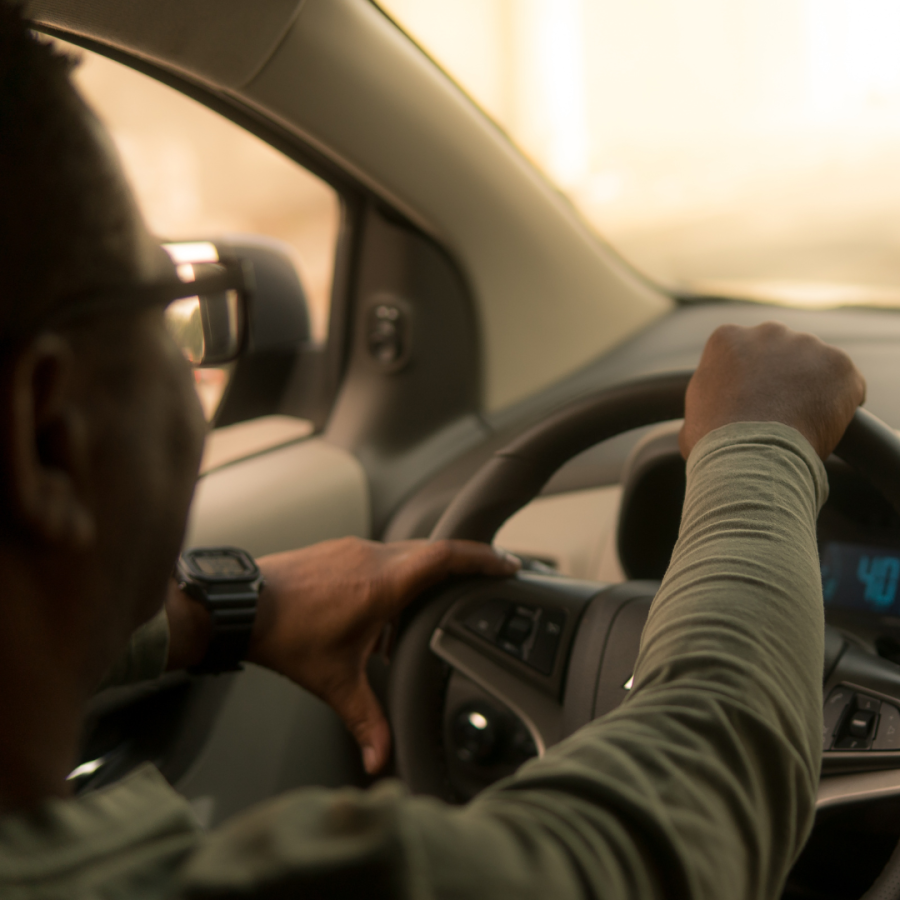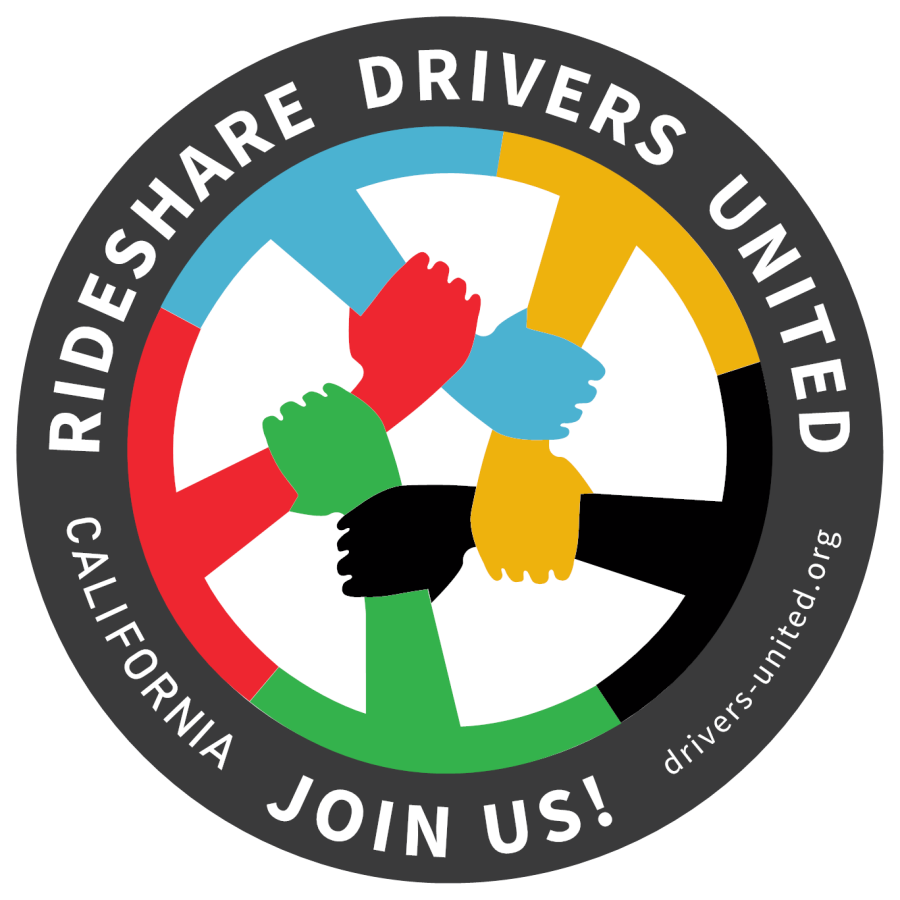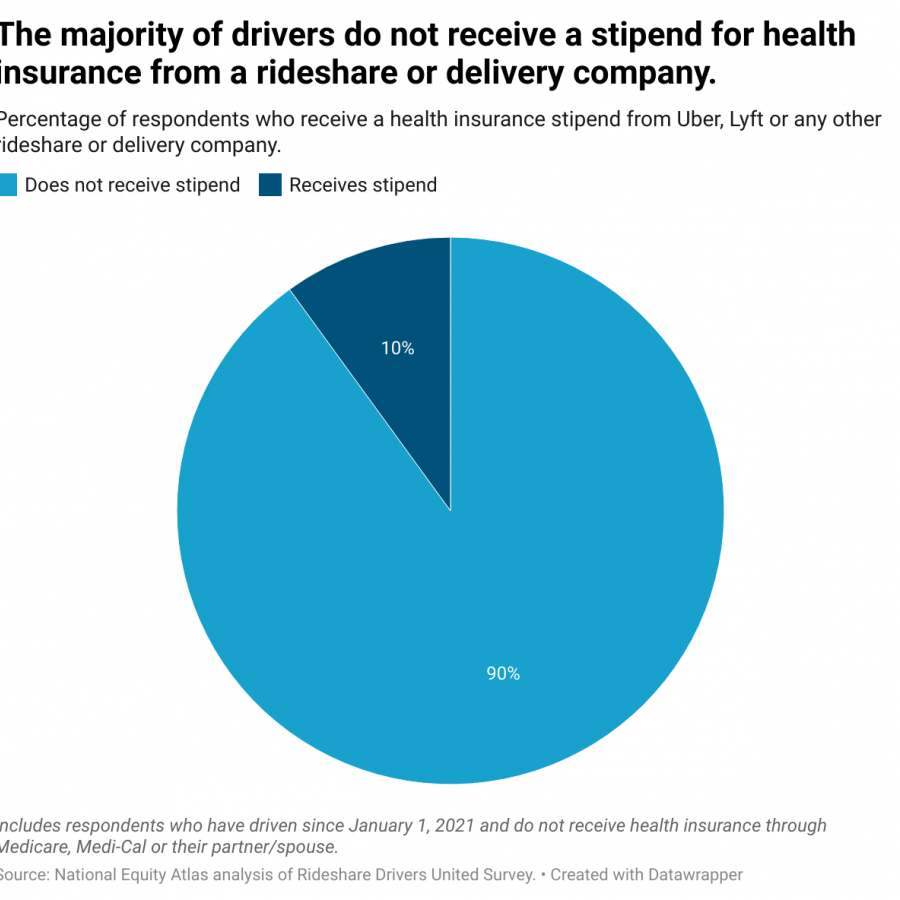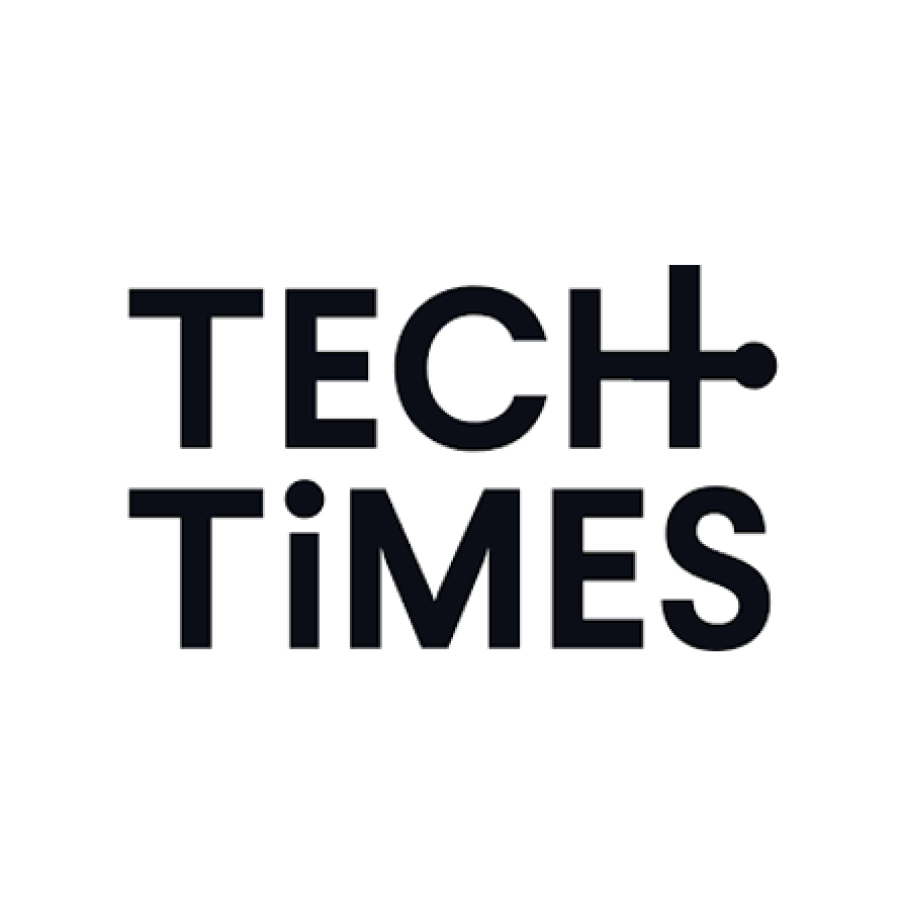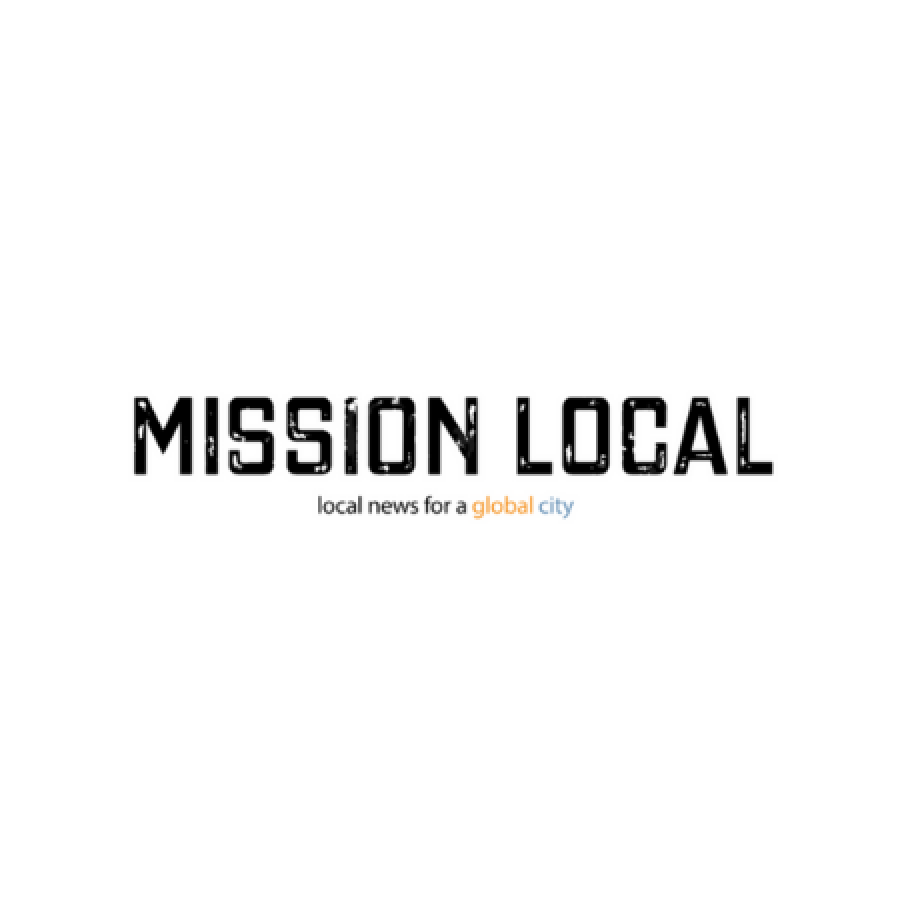Toward an Equitable App-based Economy: Fighting for Rideshare and Food Delivery Worker Rights
Uber and Lyft dominate the rideshare industry, providing on-demand ride-hailing and delivery services via mobile apps that depend on mass data collection from drivers and consumers. In their record-shattering $224 million campaign for Prop 22, the rideshare companies promised drivers good pay, benefits, and flexibility. But the research of National Equity Atlas and Rideshare Drivers United (RDU) has shown this is not the case.
Since 2021, the Atlas and RDU have partnered to study Prop 22 and how it's impacted rideshare drivers in California. As Uber and Lyft attempt to pass duplicate legislation at the state and federal levels, this research has underscored the need to end the current tiered and racially unjust labor system and create legal frameworks that give all workers, including rideshare drivers, the resources they need to thrive.
Prop 22 Depresses Wages and Deepens Inequities for California Workers
Working conditions and compensation in the rideshare industry have significant consequences for millions of California’s workers and their families, who are disproportionately people of color and immigrants.
To understand the impact of Prop 22 on driver compensation, the Atlas and RDU partnered with 55 rideshare drivers working across the state’s major rideshare markets to collect and analyze driver data. Data was collected from November 1, 2021, to December 12, 2021, using the Driver’s Seat Cooperative mobile app. The report based on the analysis of this first-of-its-kind dataset illustrates how Prop 22 undermines the pay, benefits, and autonomy of millions of California workers and families, weakening the state’s economy and exacerbating inequities.
To analyze the impact of Prop 22 on rideshare and delivery drivers’ access to health care, the Atlas and RDU conducted a survey of California-based drivers, asking them about their access to health insurance, health insurance stipends, and safety trainings. The survey was conducted between May 19 and June 12, 2021, and was completed by 531 drivers. It revealed that just 10 percent of respondents were receiving health insurance stipends from Uber or Lyft, and 16 percent had no insurance. The analysis also underscored stark racial inequities, with Latinx respondents being less likely to know about the stipends and more likely to be uninsured.
Most California Rideshare Drivers Are Not Receiving Health-Care Benefits under Proposition 22
Rideshare Drivers Under California’s Controversial Independent-contractor Law (September 30, 2022)
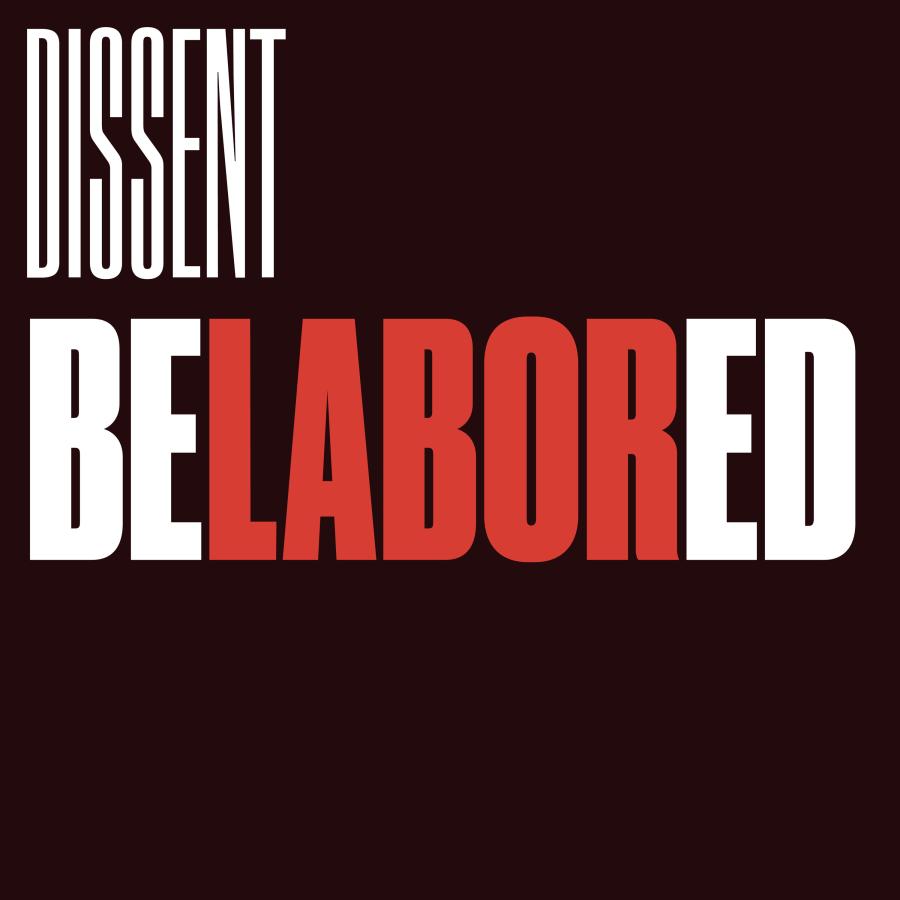
Uber and Lyft Drivers Net Less Than $7 an Hour after California Law Passed, Driver-led Study Finds (September 22, 2022)

